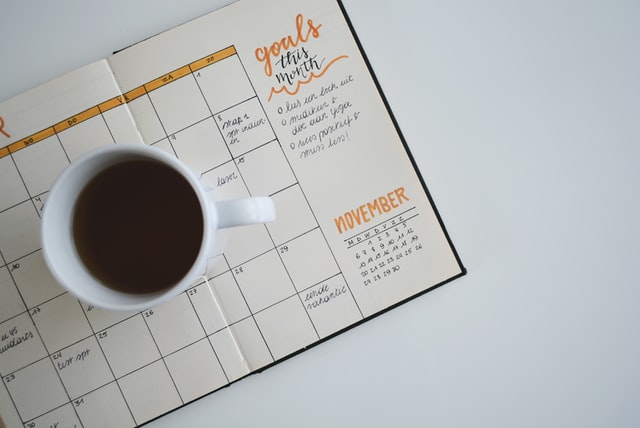Decisiveness is the ability to make quality decisions when necessary. While it is a good idea to think things through before making a decision, some situations require on-the-spot decisions, giving you little or no time. Being decisive is something individuals struggle with, both at work and in their personal lives.
Should I stick to my current place of work? Should I move to a new city? These are examples of questions which we deal with on a daily basis. The fear of the unknown or making a wrong choice often affects our decision-making ability. Here are some ways to improve your decision making.
1. Learn from experience
A popular saying explains, “Experience is the best teacher.” People who learn from experience hardly make the same mistake twice. That’s why it is important that you learn from every situation.

It doesn’t have to be your personal experience, as learning from the experiences of others also suffices. Like the late Nelson Mandela said, “Nobody really fails.” If your efforts fail to yield the desired results, it becomes a lesson for you and others.
2. Don’t base your decisions on assumptions
Generally, things are often not as they appear to be, so it’s not a winning idea to base decisions on a mere assumption. You must always verify your assumptions before making any decision.

Working on assumptions is like gambling – you may end up being wrong most of the time. When in doubt, always reach out or do your research.
3. Seek opinions
Nobody knows it all. Most times, you’ll need other people’s advice, opinions, or suggestions to make great decisions. Apart from knowledge and expertise, personal experiences vary too. This is the reason to seek the opinions of others first if you have enough time.

Seeking opinions is one thing – how you handle it is another. You’ll definitely get a wide variety of opinions. Being able to separate workable ideas from unsuitable ones is crucial.
“Two kinds of people always fail – the ones who listen to everyone and the ones who listen to no one,” is another popular saying. It means that the people who don’t seek the opinions of others and the ones who act on every opinion are likely to make wrong decisions. You must seek opinions, and you must also be able to filter out the good ones.
4. Face your fears
The fear of failure has prevented many of us from making important decisions. Unfortunately, not making a decision is a failure itself. Maybe your breakthrough lies in one of the decisions you didn’t make.

Always make a decision when necessary. If it fails, you’ll learn from it. Facing your fears or in this case failure is an art that you should master too. You won’t accomplish anything if you don’t take risks. You’ll be celebrated for your success regardless of how many times you failed earlier.
5. Don’t overanalyze

Sometimes you can’t have access to all the necessary information to make a decision. In that situation, make do with the figures and facts available and make a decision. Don’t keep waiting for more information. If your decision fails, learn from it and move on. It will help you make a better decision later.
6. Dream big and set big goals

The limit of your success is the one you set for yourself consciously or unconsciously. If you set a small goal for yourself, you’ll make decisions that will yield small goals. If you set big goals, your plans and decisions will be geared toward the big goals. However, setting a small goal is different from breaking down your big goal into smaller goals. You must understand the difference.
7. Don’t wait for a perfect moment

There’s no perfect moment to make a decision. If you’re waiting for the perfect moment to start anything, you’ll never take the first step. “Get it done” is better than “get it right.” It is better to start and gradually improve things as you go. Learn from your mistakes along the way.
Conclusion
Learning important decision-making tips is the first leg to improving your decisiveness. However, you must put the tips into practice for you to gain the results you want. Read on to learn whether procrastination is a form of laziness or barriers.

